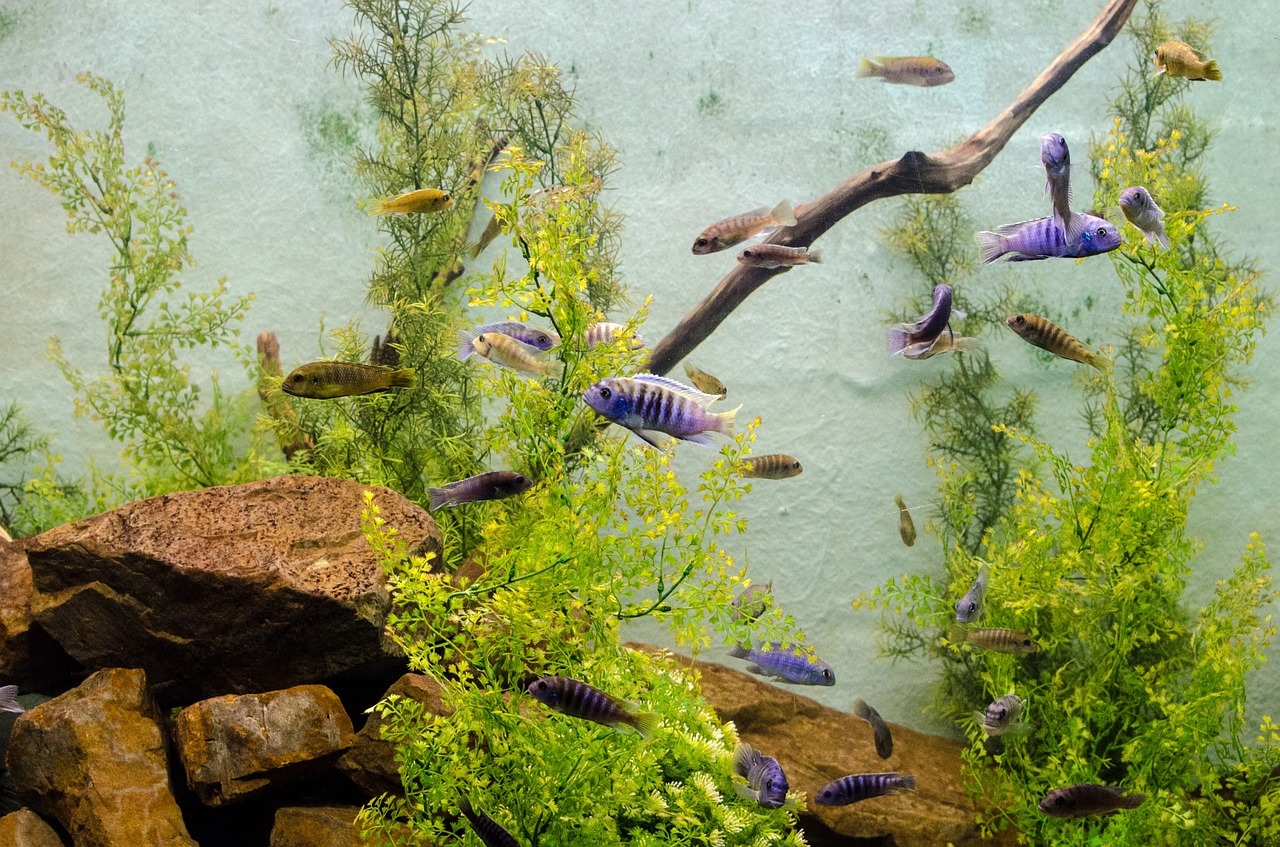Table of Contents
ToggleIntroduction
Phytoplanktons are tiny, single-celled organisms that live in oceans, lakes, and rivers all over the world. Despite their small size, these organisms play a critical role in maintaining the balance of the planet’s environment and supporting its sustainability. In this article, we will explore the world of phytoplanktons and learn more about their importance to the environment and sustainability.
What are Phytoplanktons?
Phytoplanktons are microscopic plants that are found in aquatic environments. They are an essential part of the food chain, serving as the primary producers for many of the world’s marine species. Phytoplanktons use the energy from the sun to produce their own food through photosynthesis.
The Importance of Phytoplanktons in the Environment
Phytoplanktons are the backbone of the ocean’s food chain, providing food and energy to other marine species. They also play a critical role in regulating the planet’s climate. By absorbing carbon dioxide and producing oxygen, phytoplanktons help to mitigate the effects of climate change. In addition, phytoplanktons serve as an important source of food for many species of marine life. From small fish to large whales, phytoplanktons provide a crucial source of nutrition for a variety of aquatic species.

The Role of Phytoplanktons in Sustainability
Phytoplanktons play an important role in sustaining the planet’s environment. They are an essential part of the carbon cycle, helping to regulate the levels of carbon dioxide in the atmosphere. This, in turn, helps to maintain the balance of the planet’s climate and reduce the impact of climate change. In addition, phytoplanktons are an important source of food for many marine species, making them critical to the sustainability of the world’s oceans. They also serve as a source of biofuel, providing a sustainable alternative to traditional fossil fuels.
The Threats to Phytoplankton Populations
Unfortunately, phytoplankton populations are under threat from a variety of sources. Climate change is a major factor, as rising ocean temperatures and changing ocean chemistry can negatively impact the growth and survival of these tiny organisms.In addition, pollution and overfishing can also have a negative impact on phytoplankton populations. Pollution can release harmful chemicals into the water, while overfishing can disrupt the delicate balance of the ocean’s food chain.
Conclusion
Phytoplanktons are the unsung heroes of the environment and sustainability, playing a critical role in regulating the planet’s climate and sustaining the world’s oceans. Despite the challenges they face, it is essential that we protect and preserve these tiny organisms for the future of the planet. By working to reduce our impact on the environment and protect the world’s oceans, we can help ensure the survival of phytoplanktons and the health of the planet for generations to come.








1 thought on “Phytoplanktons: The Unsung Heroes of The Environment And Sustainability”
Pingback: Eutrophication: The Process of Over-fertilization in Water Bodies